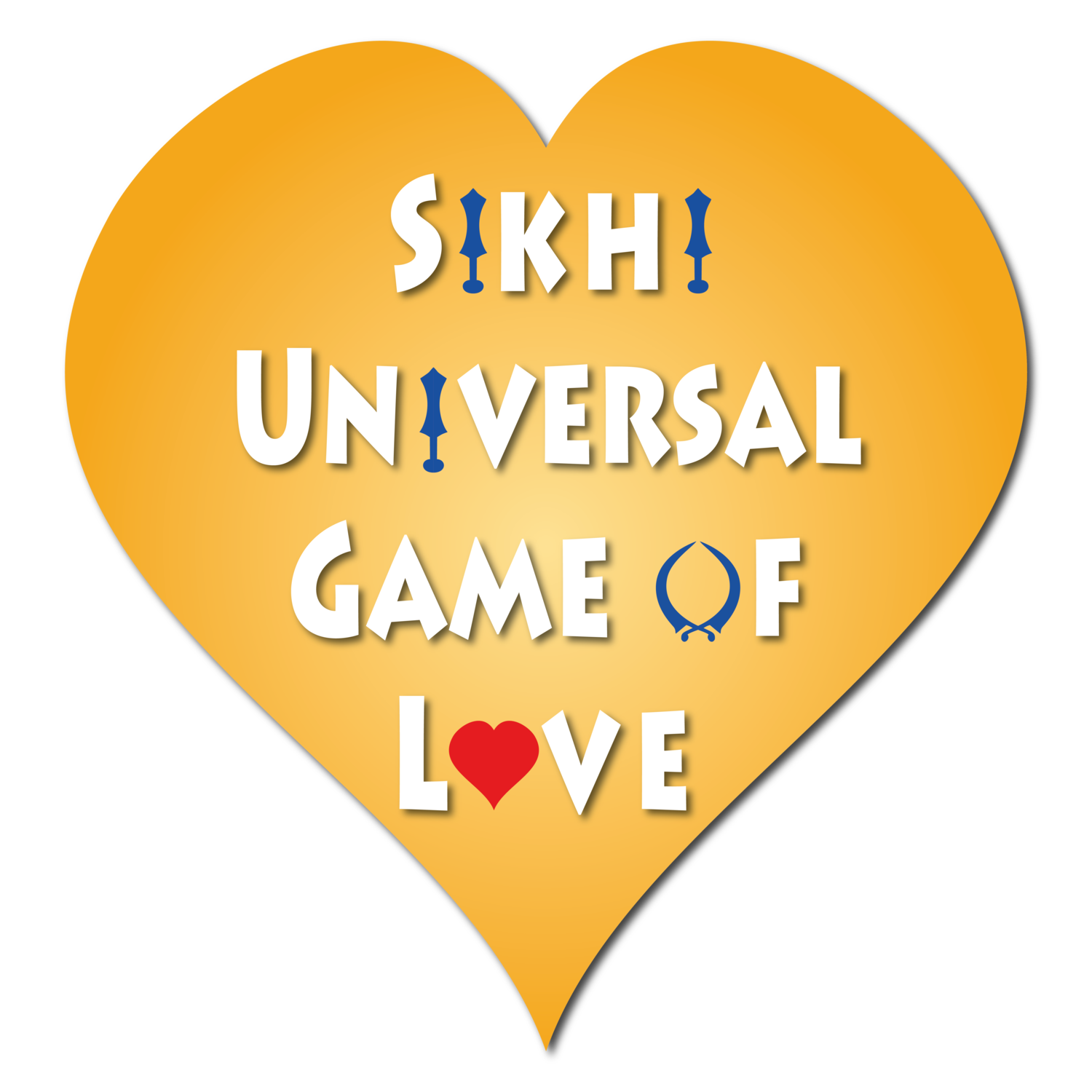Naam Simran & Gurbani
(Remembrance/Meditation on God’s Name & The Guru’s Word)
Some believe that there is no difference between Naam and Gurbani; some further believe that Gurbani is Naam, however, Gurbani states the following:
Fir Charrai Dhivas Gurabaanee Gaavai Behadhiaa Outhadhiaa Har Naam Dhhiaavai||
Then, at the rising of the sun, he is to sing Gurbani; whether sitting down or standing up, he is to then meditate on the Lord's Name.
It is clear that our daily task has not been completed after reciting Gurbani. We are given two different instructions, where one is to recite Gurbani and two, remember the divine through Naam Meditation. Recitation of Gurbani and Naam Simran are complementary to each other. While Gurbani brings us closer to an understanding of God, Simran truly unites us with the divine. Gurbani instructs, guides, motivates and assists one to fall in love with the divine by singing its praises. Gurbani supports one in Naam Simran.
Reading the Bani and doing Simran are both interrelated. Just as cooking food, and then eating it. But if we cook, and then do not eat, how can our hunger for the Truth (Vaheguroo) ever be satisfied? Similarly, one can read a book on ''How To Swim'' as many times as they want, but it does not mean that individual is now a swimmer, unless they did some actual practice. Likewise, Gurbani says to swim across this turbulent world ocean. Gurbani can be seen as a theory and doing Naam Simran is the practical.
The Mantra engages the mind to become still and become one with the breath and mind. Gurbani is the teachings we have to live by and make them a part of our life. The Guru’s Sikh needs them both to purify their mind.
Gurbani will take you into Naam, and Naam will take you into Vaheguroo. Guru Nanak has given two precious gifts, Gurbani and Naam to carry us across this terrifying, worldly ocean!
Vaheguroo!

